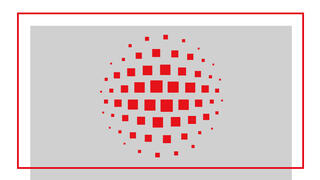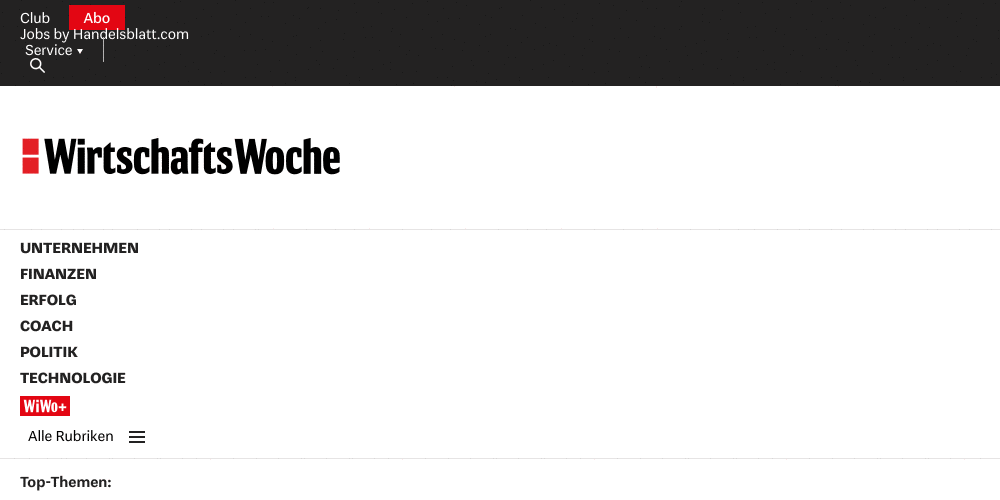
The ECB Shadow Council kept growth and inflation forecasts largely unchanged. Most members said euro-zone monetary policy should be on hold for now as the scope for action is small. Some members argued for an extension of the bond purchases beyond March 2017. Most of them prefer to take that step at the December meeting rather than now.
Growth forecast revised downwards – Inflation outlook remains stable
Compared to three months ago, the average forecast for inflation has been revised slightly upwards from 0.2 percent to 0.3 percent this year. This is close to the ECB’s staff projection from June of 0.2 percent. For 2017, the forecast was revised slightly upwards to 1.3 percent, in line to the ECB’s projection from June of 1.3 percent.
The Shadow Council’s mean forecast for GDP growth for 2016 remains unchanged at 1.5 percent. The forecast for 2017 has been revised downwards by 0.3 percentage points to 1.3 percent.
Shadow Council macroeconomic forecasts (ECB’s June projections in brackets) | ||
| HICP-Inflation | GDP-Growth | |
| 2016 | 0.3 (0.2) | 1.5 (1.6) |
| 2017 | 1.3 (1.3) | 1.3 (1.7) |
| Contributors: M. Annunziata; E. Bartsch; A. Bosomworth; S. Broyer; J. Callow; J. Henry, J. Krämer. | ||
No rate cuts
Shadow Council members were in broad agreement that the ECB should keep interest rates on hold for the time being. A number of participants argued that at this stage further interest rate cuts may impair the banking sector’s ability to transmit the ECB’s stance to the real economy.
Even though some members see the need for further monetary easing to bring inflation closer to the two-percent-target. Concerning the deposit rate two members said that a two tiered system should be considered, which protects the main part of banks’ deposits from the cost of negative rates. This would mitigate the negative impact from negative interest rates on banks. Another member however stressed that this would not be well received by the G20 because in that case the monetary easing would come solely through the exchange rate.
One member argued that the ideaof just buying financial assets is getting to a limit given the distortions. It argued that more radical steps would be necessary, if inflation should not get close to two percent. For example the ability of governments to credit households with deposits. This would require a dialog between the ECB and governments about how one could work together much more closely.
Discussion about extension of QE beyond March 2017
Several membersargued for an extension of the bond purchases beyond March 2017, although there were different positions about the right timing for that step.
One member argued that the ECB should act now and extend the programme by another six month at least. It argued that at this stage the ECB should do everything to fight a further de-anchoring of inflation expectations. The worry about the low inflation expectations was shared by several members.
Many of them see the need for an extension of the bond purchases, but stressed that the ECB still has time to decide on that. They argued that it would be better to take a decision at the December meeting when updated growth and inflation forecasts for 2017 and 2018 will be available.
Ease of rules likely
Several members stressed that an extension of QE would necessitate minor changes to the modalities of the asset purchase programme owing to a lack of German government bonds based on current eligibility criteria.
Concerns about Brexit
Shadow Council members were split about the impact of Brexit for the Eurozone economy. There was agreement that the immediate effect has been small. Some members argued that the impact will still be significant, but delayed. At the upper end of the estimates there was one member expecting a negative impact for Eurozone growth of about 0.5 percentage points. Other members only expect a minor slowdown. One member even expects a positive impact. It argued that the psychological shock due to the Brexit could help to implement policies that stimulate growth.
There was broad agreement that the main effect of Brexit for Eurozone growth would come through the trade channel and through further uncertainty on the investment outlook.
Members’ individual votes on main refinancing rate (currently 0.05%):
| Member | Affiliation | Fixed rate | Deposit rate | ||
| José Alzola | The Observatory Group | Unchanged | Unchanged | ||
| Marco Annunziata | General Electric | Unchanged | Unchanged | ||
| Elga Bartsch | Morgan Stanley | Unchanged | Unchanged | ||
| Andrew Bosomworth | Pimco | Unchanged | Unchanged | ||
| Sylvain Broyer | Natixis | Unchanged | Unchanged | ||
| Willem Buiter | Citigroup | -0.25 | -0.5 | ||
| Jacques Cailloux | Rokos Capital | Unchanged | Unchanged | ||
| Julian Callow | Element Capital | Unchanged | Unchanged | ||
| Janet Henry | HSBC | Unchanged | Unchanged | ||
| Merijn Knibbe | Wageningen University | Unchanged | Unchanged | ||
| Fabian Lindner | IMK | Unchanged | Unchanged | ||
| Jörg Krämer | Commerzbank | +0.25 | +0.25 | ||
| Richard Werner | University Southampton | +0.5 | + 0.5 | ||
Frankfurt, 4th September, 2016
Jan Mallien
Background information
The ECB Shadow Council was founded in 2002 upon an initiative of Handelsblatt, the German business and financial daily. It is an unofficial panel, independent of the ECB/Eurosystem, and comprising fifteen prominent European economists drawn from academia, financial institutions, consultancies, companies and research institutes.
The Shadow Council usually convenes by telephone conference on a quarterly basis. Its discussions are intended to formulate an opinion as to what monetary policy decision its members believe that the ECB's Governing Council ought to undertake, both at its forthcoming meeting and also on a three month horizon. Shadow Council members are encouraged to submit their own economic projections for euro area activity and inflation on a monthly basis, which constitutes the panel's forecast consensus as published each month.
The Shadow Council's discussions and recommendations differ from surveys of economists concerning the outlook for ECB interest rates because the Shadow Council recommendation expresses the majority view of its' members opinion about what the ECB should do, rather than what they forecast it to do (and hence the "normative" views as expressed by Shadow Council members on what they consider the ECB ought to do can and often do differ from what they might say they expect the ECB to do). This "normative perspective can, however, give an early indication of shifts in the balance of opinion in the expert community, as can be seen by comparing the historic recommendations of the Shadow Council against subsequent decisions undertaken by the ECB Governing Council.
Members of the Shadow Council base their recommendations on the ECB's objectives as defined under the EU Treaty, though Shadow Council members do not necessarily adopt exactly the ECB's specific interpretation of its mandate: most Shadow Council members consider that a medium term inflation objective of two percent with a symmetric tolerance band around it would be clearer, more realistic and more appropriate than the definition adopted by the Governing Council, which defines price stability as an inflation rate of "below, but close to, two percent", in the medium term.





















